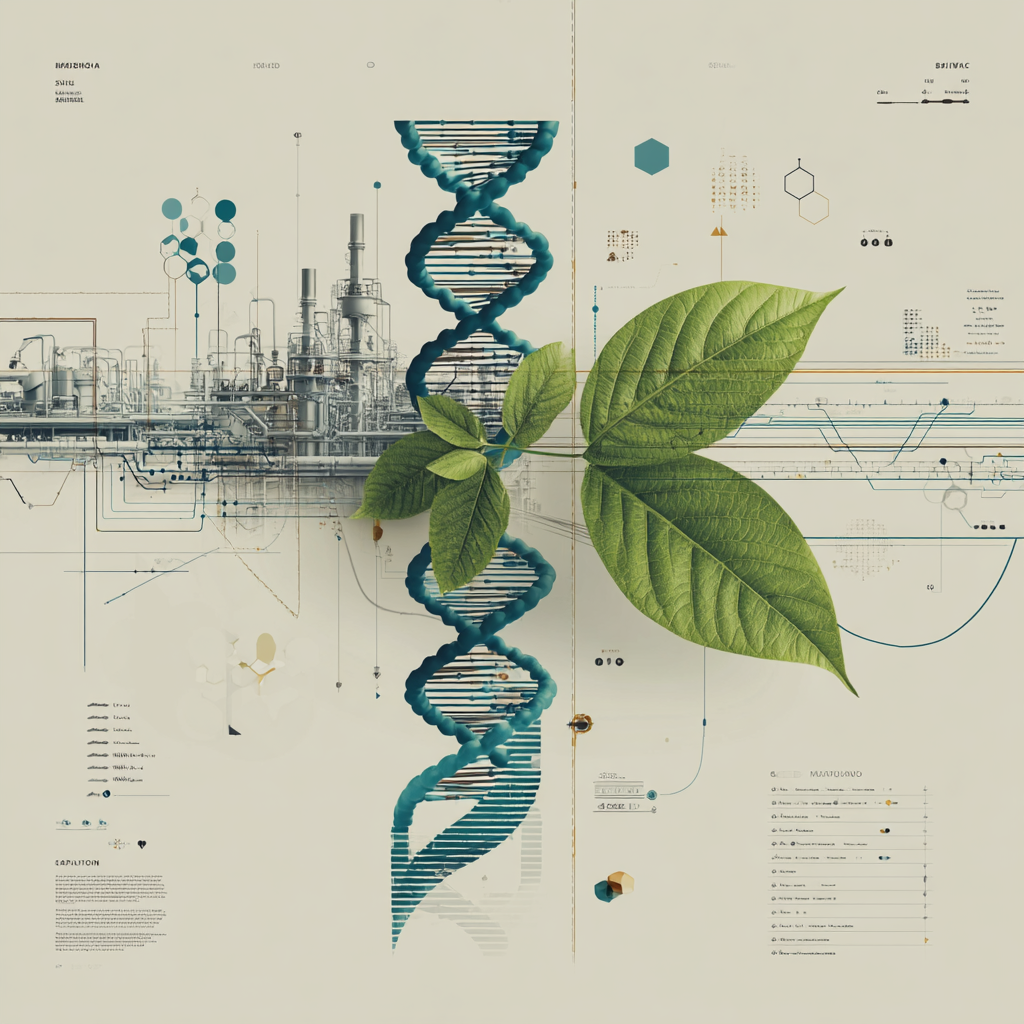If You're a Life Scientist Freaking Out Before a Pitch, Relax -- You're Already Wired for Story
“Stories constitute the single most powerful weapon in a leader’s arsenal.” — Howard Gardner, Harvard University
If you're a scientist-turned-entrepreneur, then your storytelling chops better be damned good.
Storytelling is key to selling your ideas to investors, customers, the press, the public.
It all comes down to how well you tell your own story.
The thing is -- cue the violins -- storytelling isn't something we typically study.
Becoming a great storyteller requires the same discipline that gets musicians to Carnegie Hall -- learn and understand the fundamentals. Then, practice practice practice.
But -- here’s the good news -- you’re already hardwired to become a great storyteller.
I mentioned this in last week’s newsletter but here are a few more details.
Forkhead box protein P2 (FOXP2)
Back in 2001, Professor Anthony Monaco and his Oxford University team discovered the Forkhead box protein P2 (FOXP2) gene. The gene was discovered as a result of studying an English family that suffered from speech and language disorders.
FOXP2 is required for the proper development of speech and language. It’s also involved in motor coordination.
Journalists were quick to call it “the language gene” or “the grammar gene.”
Let that sink in for a second.
All humans carry a gene that they need to tell stories.
How cool is that?
Of course it's not that simple.
Further study has shown FOXP2 is one of a constellation of genes that make language and narrative possible. The gene makes possible the subtle physical and neurological skills you need to speak words rapidly and precisely. It's probably linked to the use of complex syntax as well.
So, the next time you're freaking out about a pitch or a story you need to tell, remember you are a born storyteller.
Let me know what you think.
If you enjoyed this post, here are some others you may enjoy.





